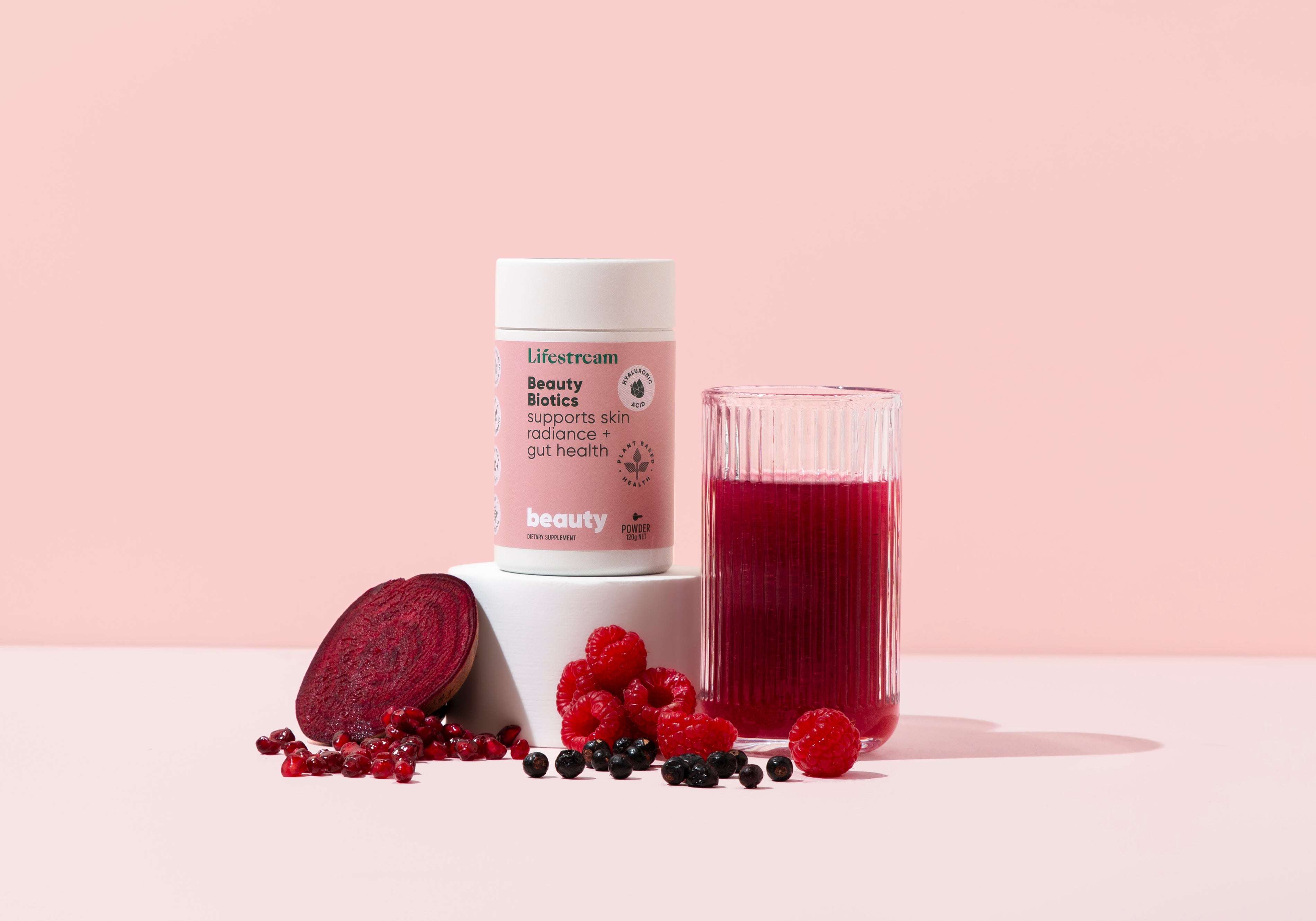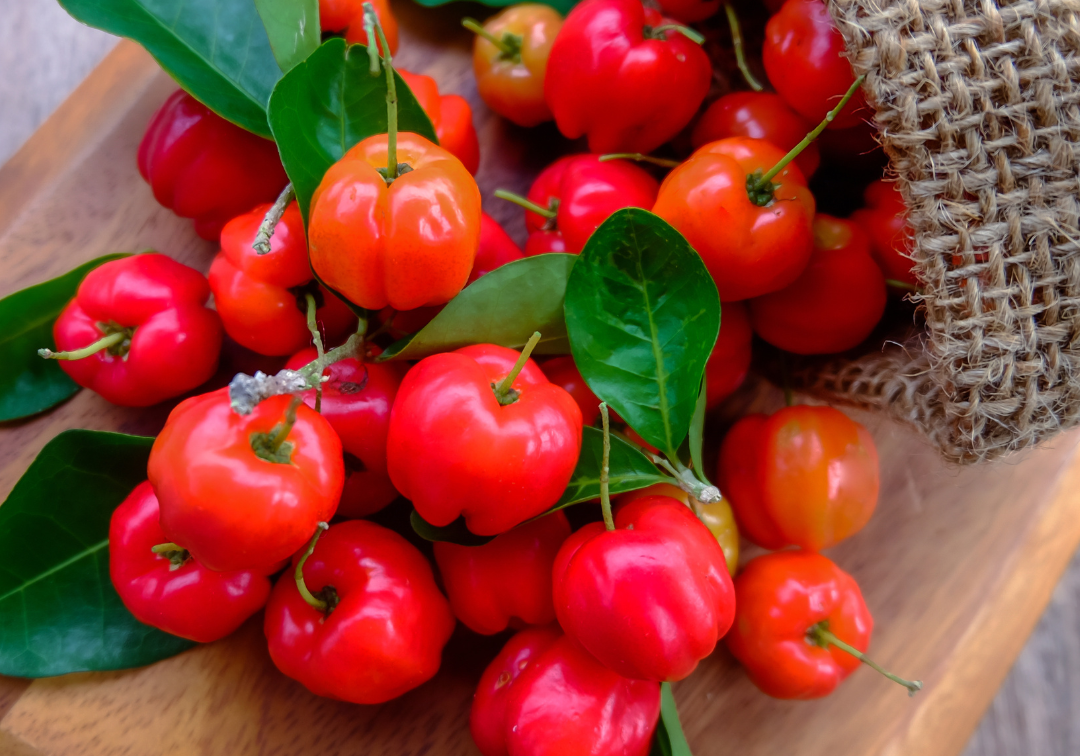There’s a simple answer to this one! The better your gut health, the better your digestion, and the more nutrition you’ll get from your food. You also need your gut to be in great shape to have great immune health.
You might know that about 70% - 80% of your immune cells live in your gut, but did you know why? Your intestinal tract is a group of organs that run through the middle of your body which starts at your mouth and goes all the away to the “bottom”. They include your esophagus, stomach, small and large intestines, liver, pancreas, gallbladder, and anus. You might think they all safe and sound on the ‘inside’ but in fact they are the only bunch of organs that are exposed to the outside world, every time you breath and swallow, so it’s important to have that protection there!
Your immune cells work in collaboration with your gut bacteria to keep your immune response fit. Your immune cells hang out on your intestinal tract to defend against any invaders trying to penetrate deeper into your body.
At the same time, your gut bacteria (aka microbes, of which there are trillions) are also lying in wait to overthrow invaders - like unwelcome bacteria, viruses, and fungi that want to bombard your tract and upset your happy intestinal equilibrium. Your bacteria workday never ends, they continue to fight the good fight for you.
Your ‘homegrown’ microbes play an integral role in helping you digest. They work alongside the natural digestive enzymes you make to extract and absorb all the good stuff from your food, and help the formation of more beneficial bacteria.
There are some simple things you can do to keep your gut bugs and digestive enzymes at optimal levels, like avoiding processed foods, refined sugars and carbohydrates, and damaged (hydrogenated) fats. At the same time, it’s best to eat a diverse variety of fresh whole raw fruits and vegetables each day, especially those that are rich in nutrients, antioxidants, enzymes, and fibre. The enzymes help you capture and absorb the nutrients, and the fibre helps with easy bowel elimination and feeds your gut bacteria.
If you’re struggling to get there, don’t give up! Keep trying every day, your gut (and your body) appreciates every effort you make. Remember, better gut health makes for better digestion and more nutrition to support your immune health.
We understand that it’s not always as simple as eating right, and things like stress and gut imbalances need to be supported, so we’ve put together 3 of our top products into our Everyday Gut Wellness pack to help you live an energetic and healthy life while supporting your everyday digestive health.
How does it work?
Our Everyday Gut Wellness Pack combines 3 great supplements for everyday support: Aloe Vera tonic to soothe the stomach and support the health and integrity of the gastrointestinal lining, Probiotics to support digestive health and immunity, and Barley Grass for everyday support for detoxing and nutrition. We've also added Digestive Enzymes for instant relief on your distressed days.
Aloe Vera Tonic: Our Aloe Vera is a digestive tonic that soothes the lining of the stomach and intestines to support smooth and natural digestion. The pure ‘inner leaf’ gel of the Aloe Vera plant contains plant phytonutrients and other active components such as polysaccharides, essential for cell growth and renewal.
Probiotics: Our Probiotics (with 14 unique probiotic strains - much more than other probiotic supplements!) is able to colonise the entire gastrointestinal tract to promote daily digestive health, supporting immunity and vitamin production. They're also micro-encapsulated, so they'll remain stable in the acidic conditions of the stomach and be more effective, plus they don't need to be refrigerated!
Digestive Enzymes: On those days when you're feeling bloated or have digestive issues, our Digestive Enzymes offer instant relief. They'll help your body digest the diverse and complex foods that you may have eaten, as well as calming any bloating and improving nutrient absorption by replacing enzymes lost in cooking.




